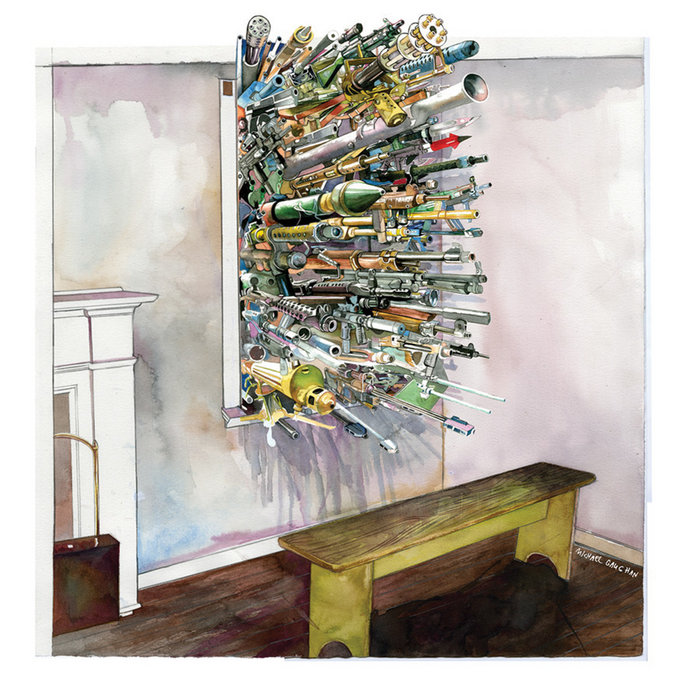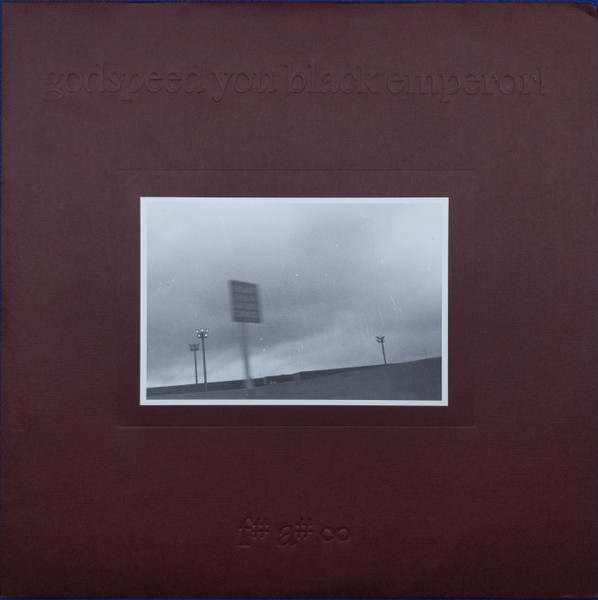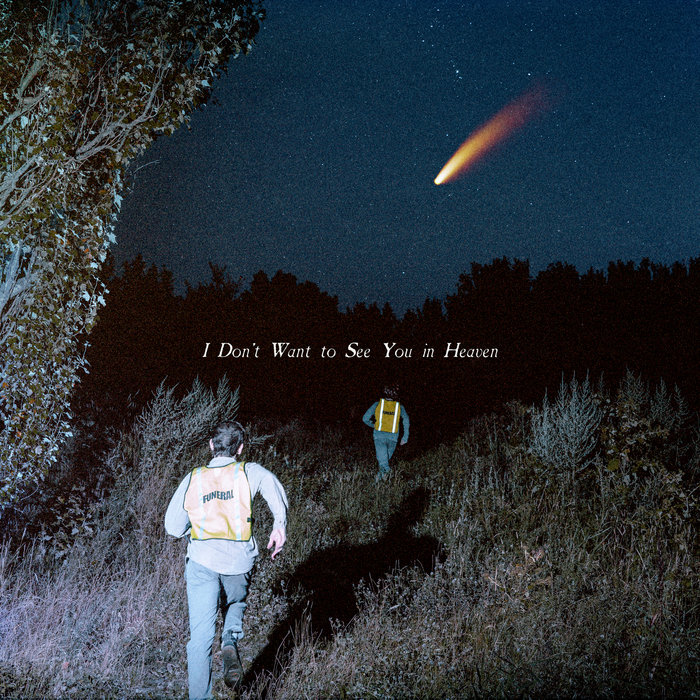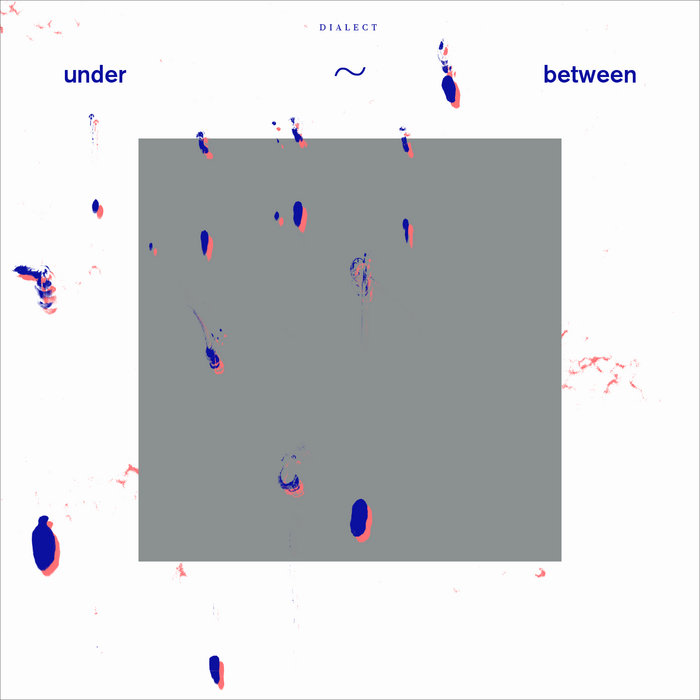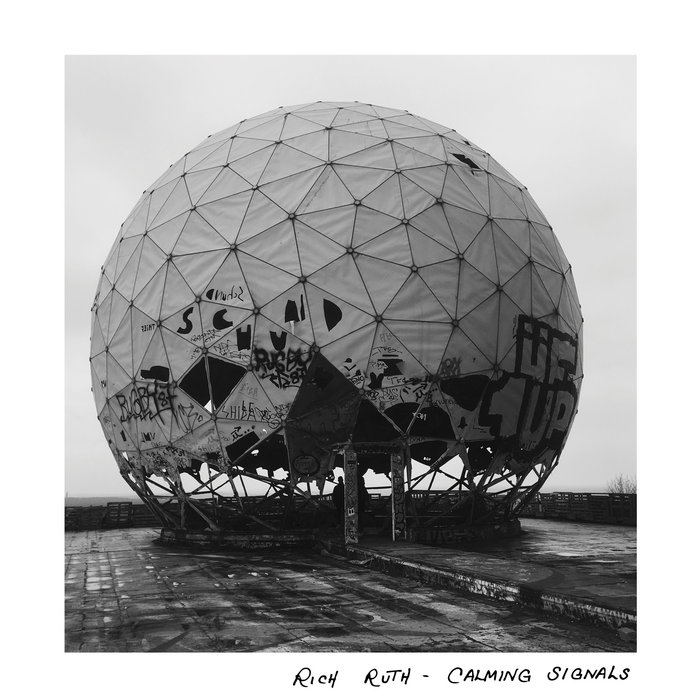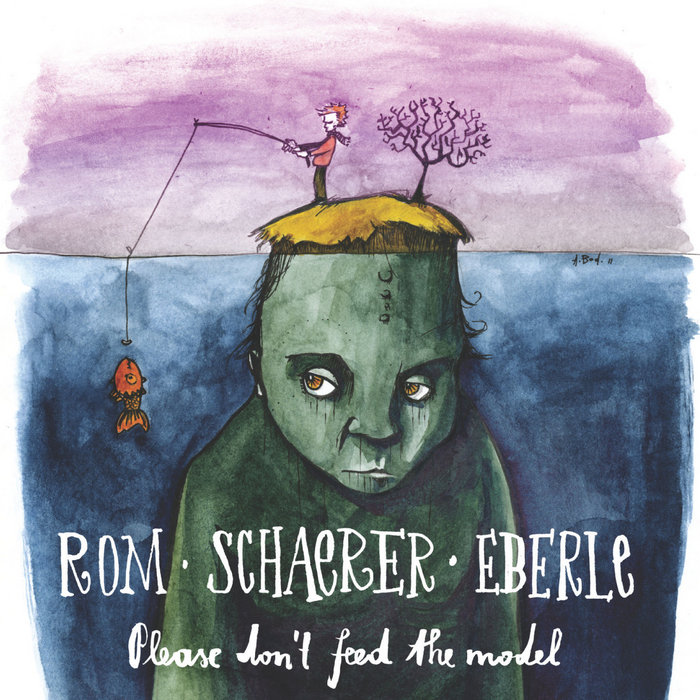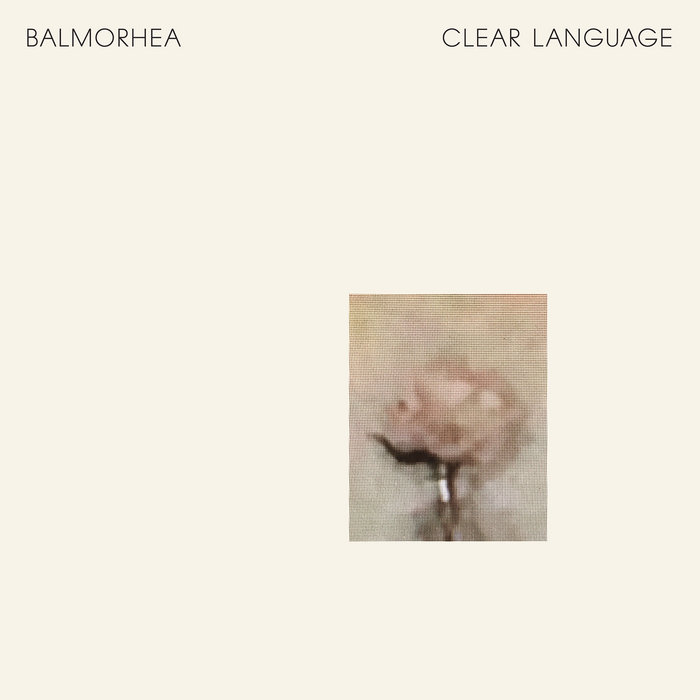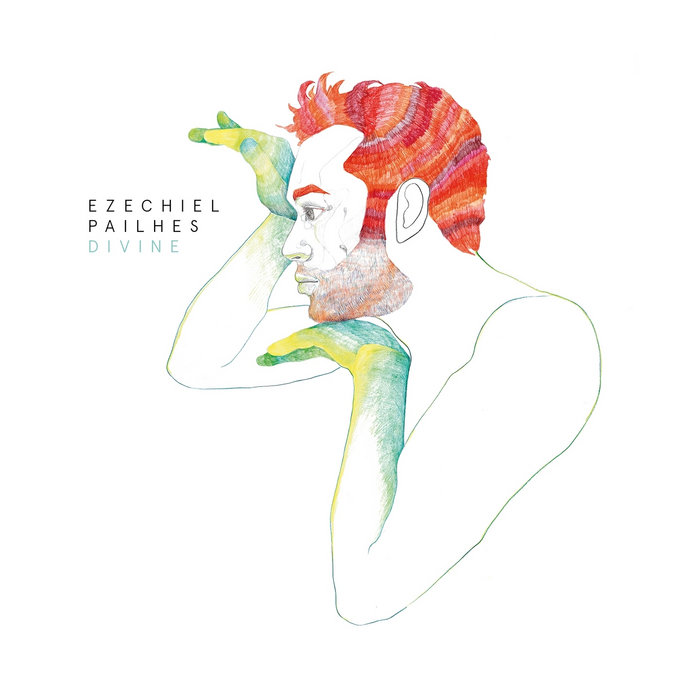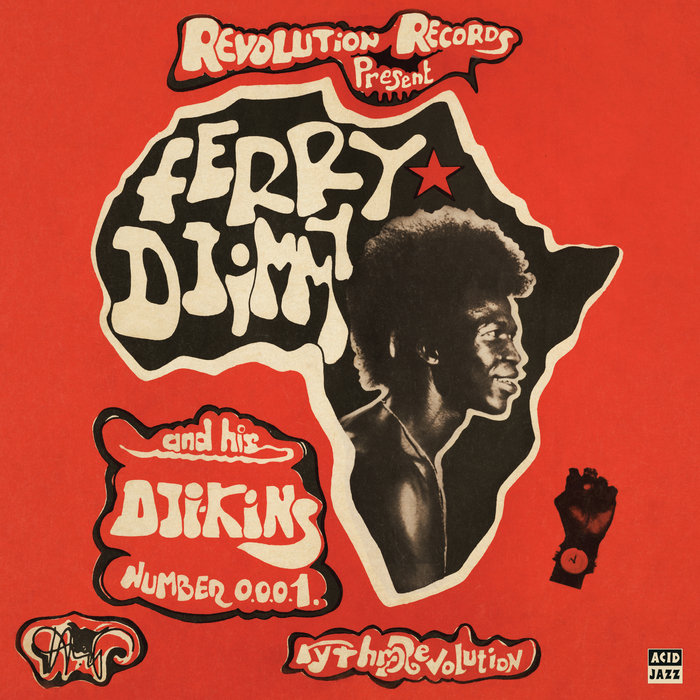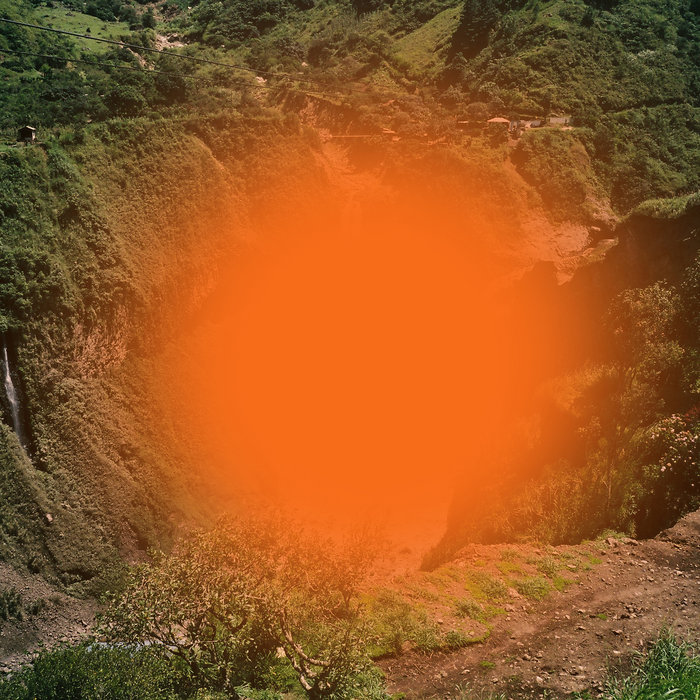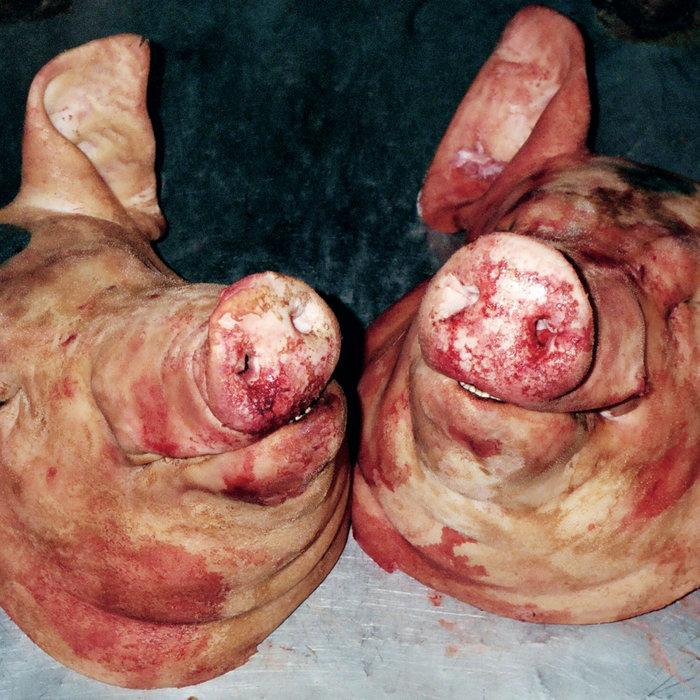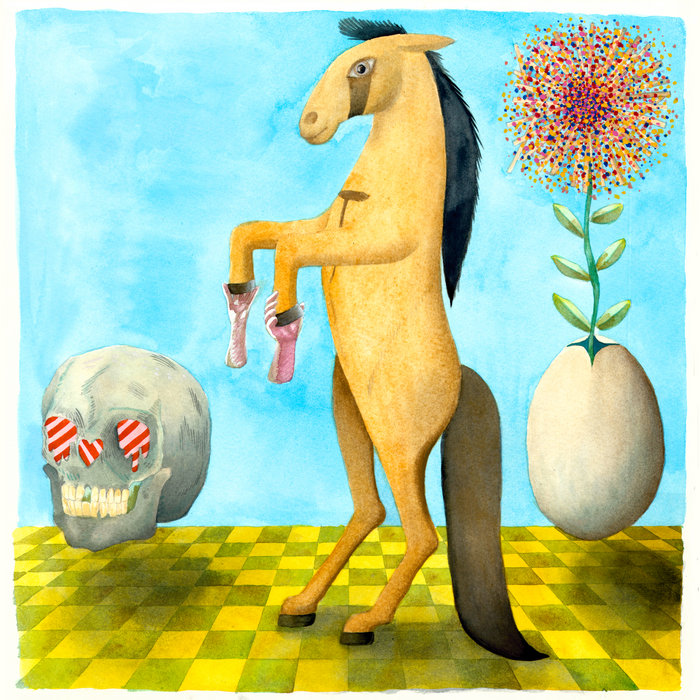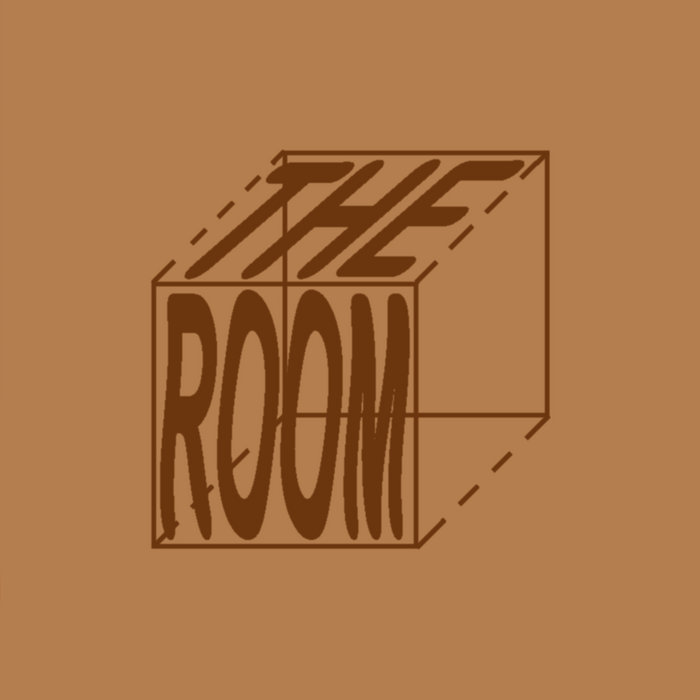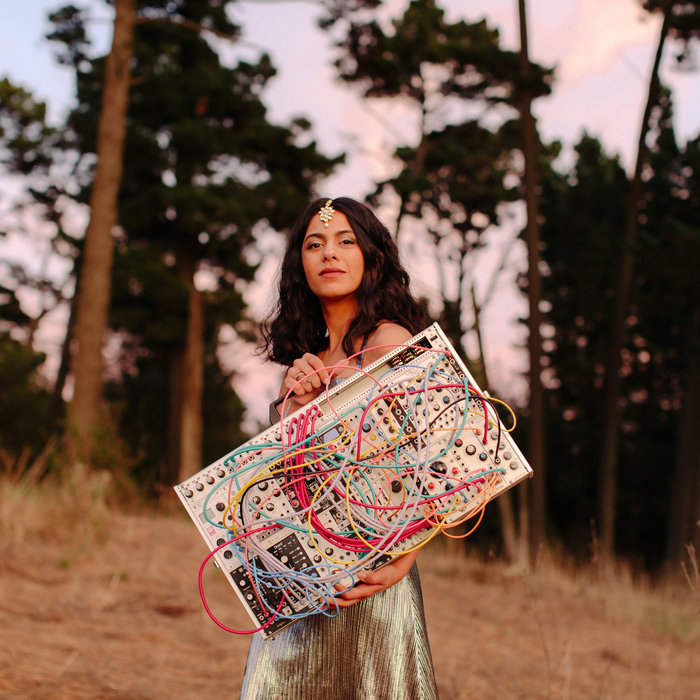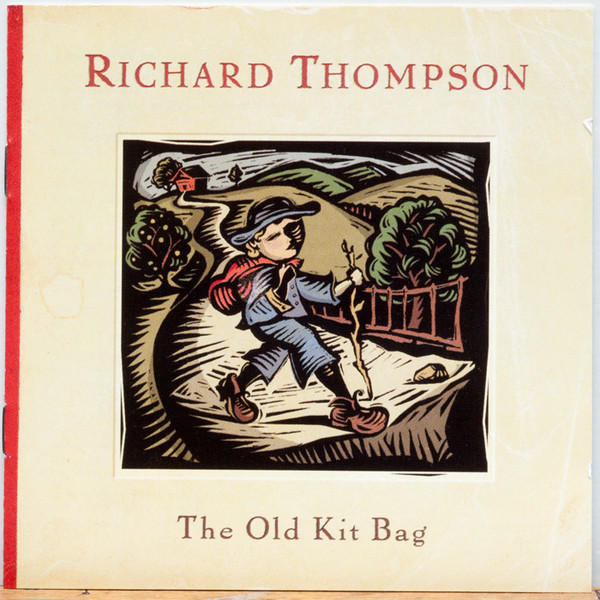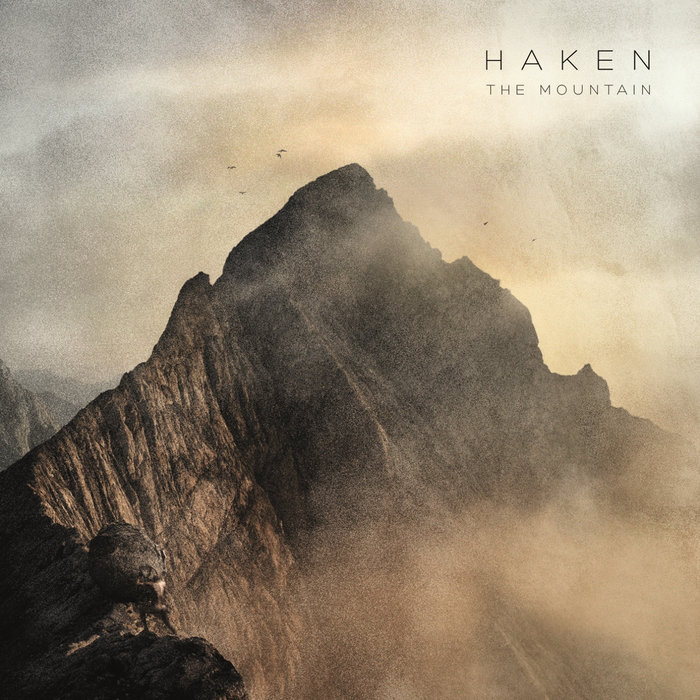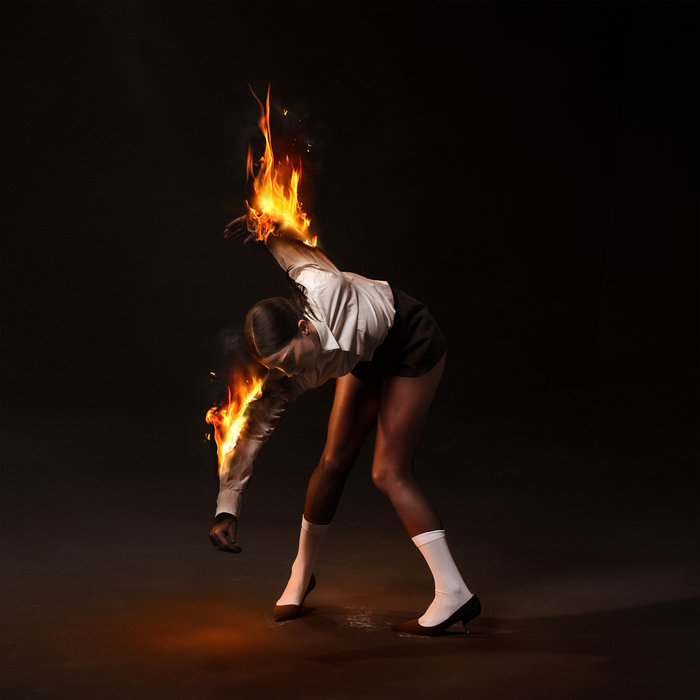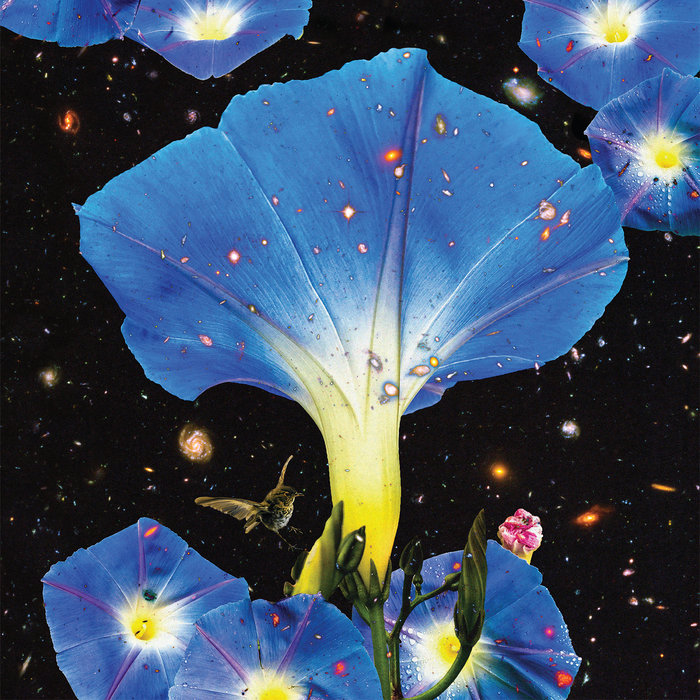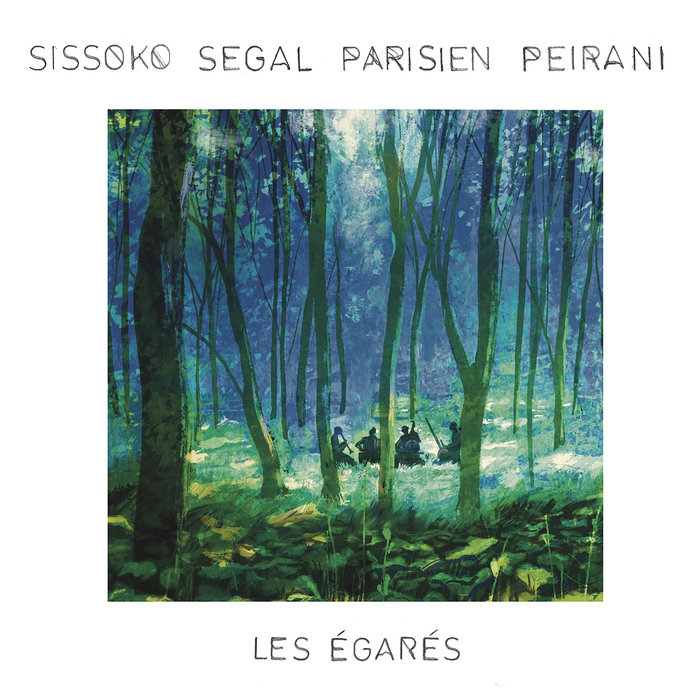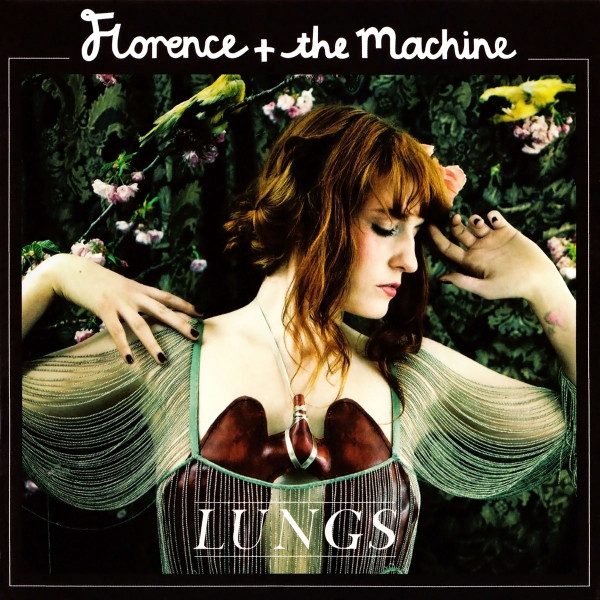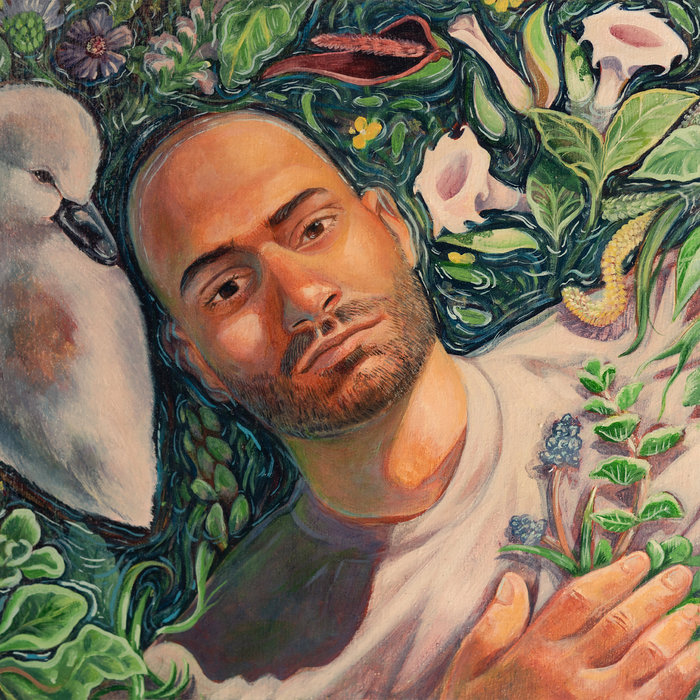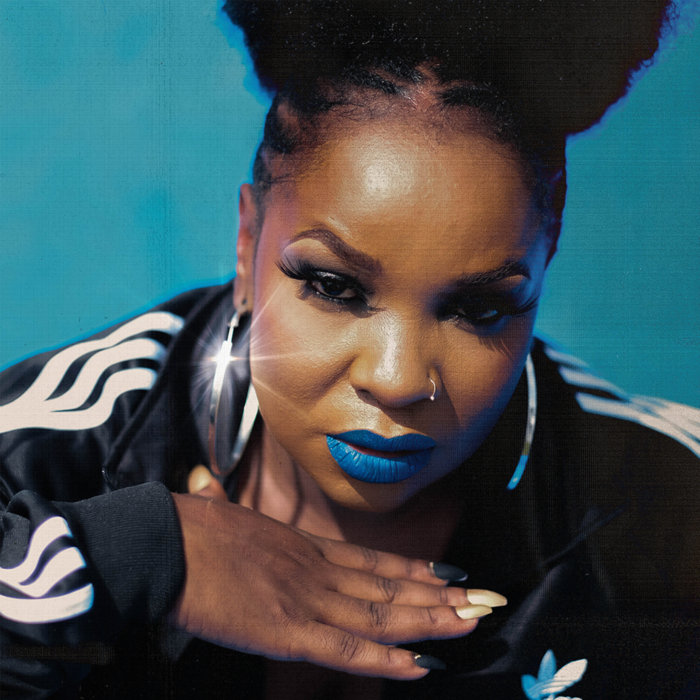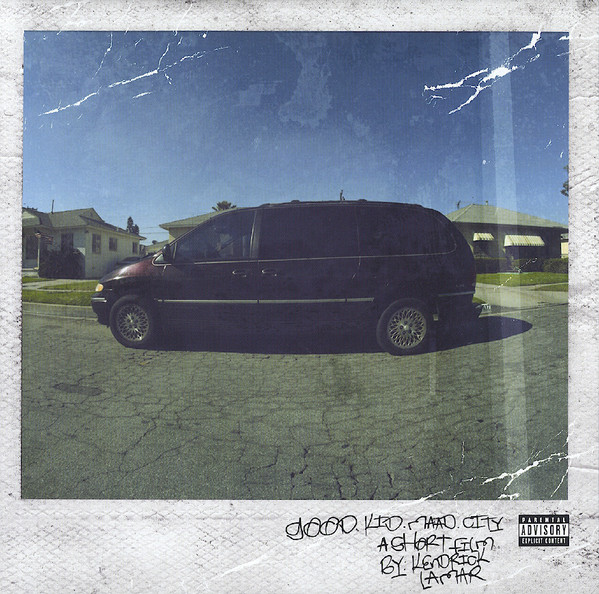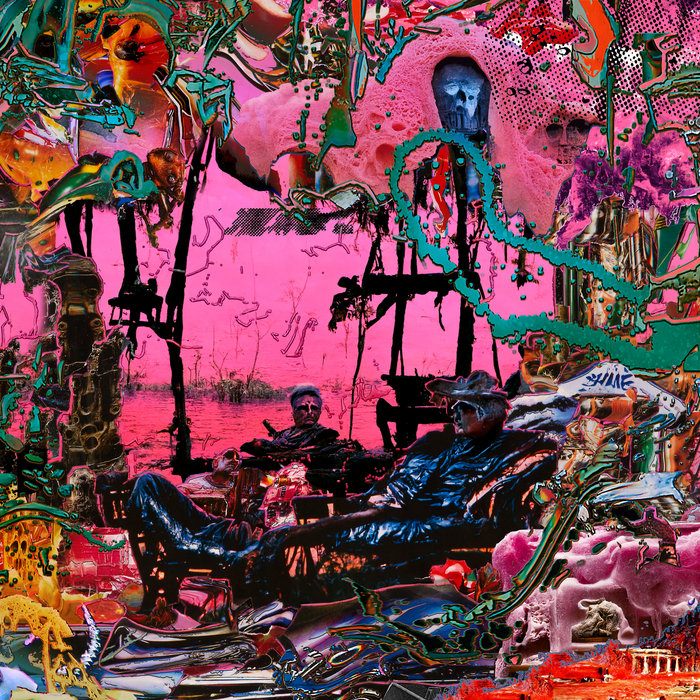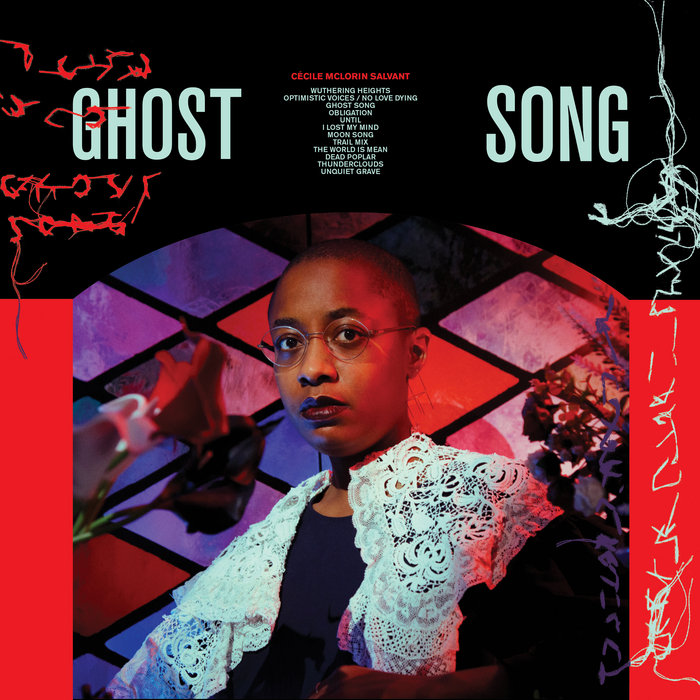
On The Corner - Miles Davis (1972)
Ideated from: a Black History Month reminder that black artists largely built the modern world of music
Miles changed the game in jazz multiple times. He’d done it most recently in 1969 when he released Bitches Brew, the pioneering fusion album that sold gangbusters and introduced a lot of people to the genre.
A lot of those fusion hallmarks are here in this session, but with a lot added in as well. He’d been introduced to the composition and recording techniques of Stockhausen. He was already working with regular producer Teo Macero, no stranger to tape manipulation and editing himself. And of course, Miles liked having lots of musicians and lots of ideas in the room, and leaving room for things to cook.
He recorded these sessions of fearsome minimal funk fusion with John McLaughlin among several guitarists, Jack DeJohnette among several drummers, and Herbie Hancock and Chick Corea both playing keyboards (along with Miles himself playing on organ as well as trumpet). Then when the tapes were complete, Miles and Macero cut them up and assembled them into the pieces you hear on the album.
It was all very avant garde and experimental, and–I don’t know if you’re aware, but–a lot of jazz folks are not big fans of the avant garde and the experimental. A lot of Miles’ fans decided he didn’t play jazz anymore, and cast him into the commercial wilderness.
And yet, this is still an incredibly interesting record. Hearing it now, you can see how influential it was on everything from house and hip hop to ambient and abstract electronic music.
It’s true that it’s a difficult listen. When a new howl or growl comes in, you’re often not exactly sure if it’s McLaughlin’s heavily processed guitar or Miles’ heavily processed horn or something else. These pieces don’t have soloists so much as just somebody stepping to the front of the chaos.
But if you get past all that, you get a glimpse of Miles showing us yet another major change in what was possible in music.



